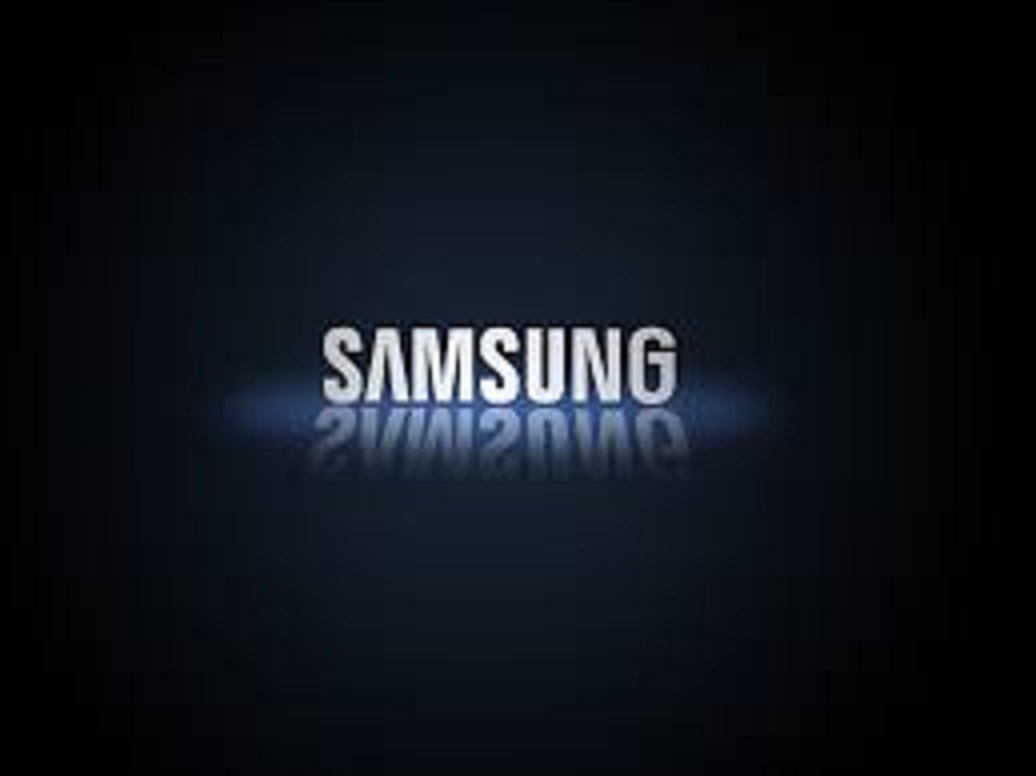
Samsung may before long come out with a Bluetooth-based tracker to give Tile a run for its cash.
The sharp-peered toward people at 91 Mobiles spotted pictures of the indicated Samsung tracker on Friday posted by the confirmation authority NCC, where it’s recorded as the Samsung Galaxy SmartTag.
Like Tile’s savvy trackers and Apple’s for quite some time reputed AirTags, it allegedly utilizes Bluetooth to interface with your different gadgets so you can discover them in those unglued minutes when you swear the damn things probably grew legs and left all alone.
Samsung’s tracker includes a little opening in the corner to effectively append it to a cord, rope, or keyring, and it would be fueled by a replaceable catch cell battery, as per schematics in an administrative recording revealed.
Bits of gossip have been streaming in for some time that Samsung has been chipping away at a contender to Tile, yet this current release’s our first look at what the completed item could resemble.
It likewise appears to affirm the Galaxy SmartTag moniker, a name referred to in the code of Samsung’s SmartThings application that was spotted recently.
Pictures covered profound inside the code look like symbols for the tracker, likely for some sort of UI. One of the pictures bears the depiction “will help you keep track of objects like wallets, keys, earbuds, and more,” apparently concerning Samsung’s yet unsubstantiated tracker.
The organization didn’t promptly react to Gizmodo’s solicitation for input. However, with Samsung allegedly equipping to report its next lead cell phone line, the Galaxy S21 arrangement, on January 14, chances are we’ll get a report on the Galaxy SmartTags at that point and perhaps even a dispatch date.
91 Mobiles conjectures that it could cost 1,300 rupees, generally $18, which appears to be sufficiently sensible. Particularly on the off chance that it has a replaceable battery, an element that Tile has as of late started consolidating into its line.
Throwing an entire device only for a dead battery never seemed well and good in any case, and sure the planet will be grateful for less e-squander tossed onto the quickly developing heap.

Gabriel Fetterman has been writing since an early age. When in school, he wrote stories plagiarized from what he’d been reading at the time, and sold them to his friends. This was not popular among his teachers, and he was forced to return his profits when this was discovered. After finishing his university studies with a B.S. in English, Gabriel took a job as an English teacher. During this period, Gabriel began a number of short stories.
Disclaimer: The views, suggestions, and opinions expressed here are the sole responsibility of the experts. No journalist was involved in the writing and production of this article.

